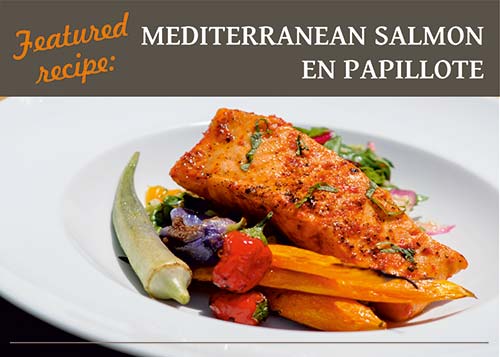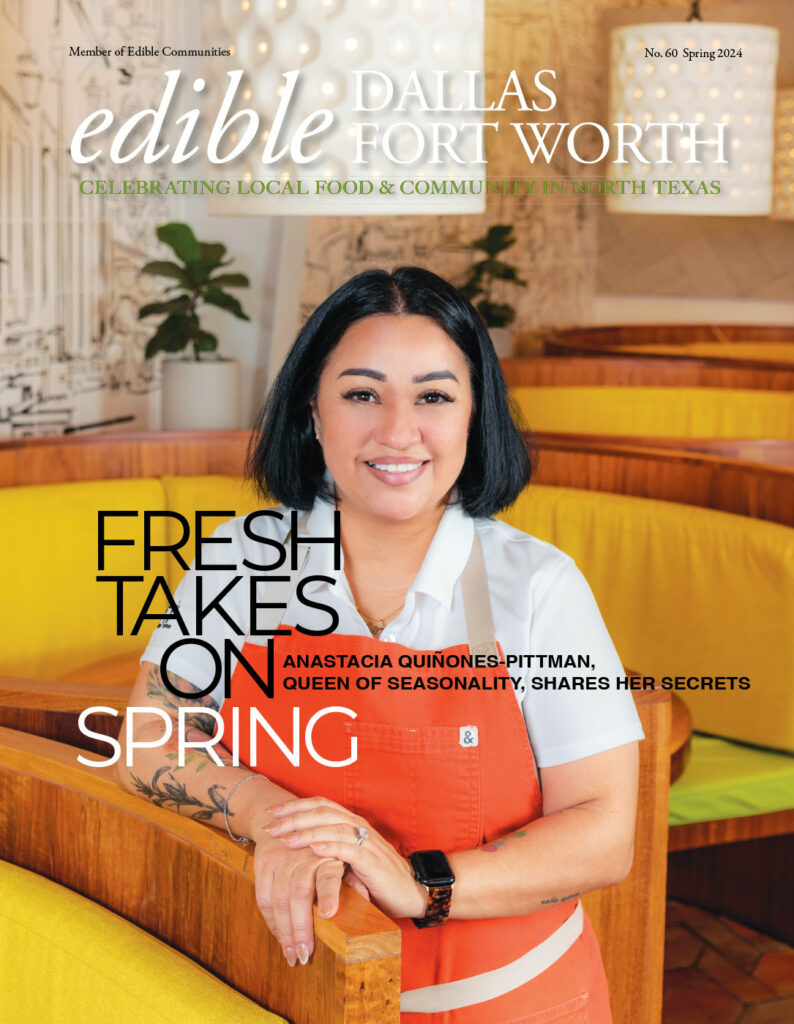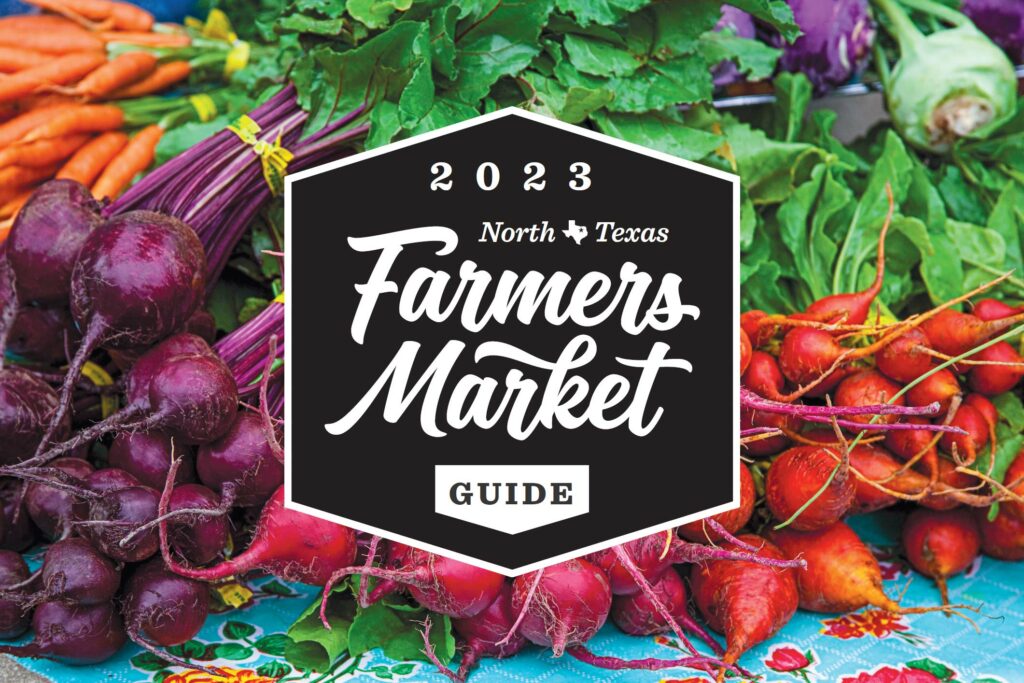
By Charlsye Lewis
The hardships of World War I and World War II are a grim memory for those who were there and a collective set of cautionary tales for those who were not. Springing up out of the rubble of strife was a positive societal phenomenon called a “Victory Garden” that gave ordinary people the power to contribute to the food supply and reduce their own consumption of precious commodities needed for the war effort. By gardening their yards and other public spaces, people heralded positive values of self-reliance, sustainability, and community—values that are coming back in style in the wake of current soul-shattering economic upheaval and global unrest.
The spirit of yesteryear’s Victory Garden is alive at Elizabeth Anna’s Old World Garden on Eighth Avenue in Fort Worth—a visible commitment to sustainable living. Seven years ago, trailblazer Elizabeth Samudio and her family transformed what was once concrete and chain link into a beautiful oasis of heirloom plants, complete with an organic garden supply and landscape service.
“I started with a dream and a vision, lots of hard work, determination and a husband who believed with me, and believed this would be part of my recovery as I was still very sick from chemo and radiation,” cancer survivor Samudio muses.
Her husband James says, “Elizabeth wanted to give people a sense of the natural world and beauty—give them a reason to slow down a bit.” Now the vision has grown into “helping others live with dignity and with a greater sense of self sufficiency, beauty and simplicity in life with an understanding of what it means to be a steward of the earth.”
The Samudios themselves are a guild. James and eldest son, Elliot, head up the landscaping side of the business and install Elizabeth’s designs, which range from hillside acreage to rainwater catchments for local businesses to edible front yards. Youngest son Isaiah can be found doing various tasks a busy garden center requires as well as planning a future pond project that will hold edible, hand-raised tilapia.
Kirsten Huber of DFW Permaculture collaborates with Samudio and describes her Eighth Avenue location as a sight to behold.
“Watching the assortment of Bantam chickens chasing the unlucky grasshopper is worth the trip alone, but there are many layers and textures to these people and their business. Take a peek at the rainwater collection system, or do the obvious and browse the selection of openpollinated, organic and rare plants. One in particular worth checking out is the Paulownia Tree, one of the fastest growing shade and drought resistant trees in the world, with an average growth of about 30 feet in three years. Make sure you see the red wigglers at home in the vermicompost bin and get yourself a gallon of compost tea before you leave.”
Elizabeth and James Samudio have a family history filled with farmers, gardeners and lovers of the natural world. They are treading a well-worn familial path and upholding the traditions of ‘slow food’ and ‘animal husbandry.’
“Practices such as these are forgotten arts; they sound quaint. ‘Organics’ and ‘sustainable’ were not modernist movements to the Samudios’ grandparents; it was how things were done,” says Huber.
Samudio reveals her mentors: Creation (Nature) and her grandfather, Glen Corning, who recalls the year 1918, when he was eight years old and moved to Blue Mountain in Washington state.
“In earlier years we all had to work together in order to have a decent life. We had cows, a bull and chickens. The chickens were under my charge. Our cows would graze in the woods six to seventh months of the year on the wild vegetation. . . Alida and I would watch the grouse in the springtime lay their eggs, set on them and hatch them out. In fact, they would become so tame that we could crawl near them, lift up the old hen and count her eggs. . .This type of adventure would be hard to find in this day and age.” (Excerpt from Elizabeth Samudio’s Grandfather, Glen Corning’s Biography, Somebody Has to Do It)
Corning would undoubtedly be proud of a recent iteration of Samudio’s successful business—the thriving non-profit educational venture, Two Hands Urban Farm & Garden Program, which facilitates city-dwellers in growing vegetable gardens in their own yard and also in community plots. Samudio is passionate about the strength of community, and through the now four-year-old Two Hands, she will eventually host a farmers’ market to provide an outlet for the program’s urban farmers.
In the meantime, she puts her permaculture certification to good use by teaching classes with Huber. Permaculture is a “permanent agriculture” method started in Australia in the
1970’s that boasts a ballooning international following. It is an ethical design theory that teaches the values of sustainability and enables followers to remove themselves from destructive industrial food production systems.
Samudio explains, “So many things drew me to permaculture. I was already doing the work—stewardship and sustainable living. The Two Hands Program is like a permaculture plant, in that it serves many functions. Foremost, it educates people to a more sustainable way of living—part of that is growing food and another part of that is growing intentional community.”
Two Hands is also starting the area’s first bona fide Farm School this summer (www.cowtownfarmschool.com), a joint venture between Elizabeth Anna’s and DFW Permaculture, in an effort to educate the area’s next generation in rural activities.
“Farm school is primarily a place for children to learn urban homesteading. From shearing a lamb, spinning the wool and knitting a cap to harvesting potatoes,” exclaims Samudio. The special type of sheep that can withstand the Texas heat will also provide milk for cheese making, which Samudio hopes to incorporate into Farm School. The children will be delighted to meet the resident chickens and learn all about egg laying and other integral services they bring to the garden.
Over the past 6 months or so, Two Hands has taken on a community garden project in an empty lot near Elizabeth Anna’s shop. Permaculture design features are currently transforming the land and there should eventually be enough fresh produce to donate to the needy in the surrounding community. A future goal includes offering individual plots where members who don’t have land of their own can plant, grow and harvest their own food.
Elizabeth’s Two Hands Urban Farm & Garden Program has a vision for our present community that involves returning to the abundance of kinship so prevalent in her grandparents’ day. “Originally, I started out wanting to give people gardens, but through that I realized what they really needed was to learn how to be a community. And that’s what I want to teach people, how to be a community. Gardens are just the vehicle to that end.”
Fort Worth resident Meredith Chacin knows firsthand the wonderfully transformative and inspiring nature of Two Hands. Now one of its most ardent supporters, she first found out about the program back in 2007 from a clip in the newspaper and decided to investigate.
“I called Elizabeth Anna’s shop for more details and Elizabeth Samudio herself took my call. She was very passionate about it and interested in hearing my story.”
Chacin was a new homeowner in the area with a place of her own to grow a vegetable garden, which most definitely had to adhere to organic principles. “Two Hands benefits people who want to garden but don’t know where to start. The most obvious benefit is that my whole backyard has been transformed thanks to the hard work of the Two Hands community!” states Chacin.
Most of the grass in her yard is gone in favor of planting beds and wood chip paths. Several fruit trees now grow where there once was open space, and permaculture swales and berms are helping retain more rainwater on her property.
Chacin strongly believes in the ease of permaculture principles— “EVERYONE ought to incorporate some kind of edible plant in their yards! Most people are too busy these days to consider traditional vegetable gardening at their homes, but anyone could plant a few blackberry bushes, an apple or peach tree, or stick a few herbs, onions or a pepper plant into their flowerbeds.” People of all ages and experience levels who want to learn how to live a more sustainable life and grow food that is sure to be clean, safe and healthy should consider joining the passionate group of committed gardeners at Two Hands.
“Being part of Two Hands has made me realize how disconnected our culture has become from its food and how the shroud of mystery over growing food needs to be removed,” Chacin muses. The sweet smell of victory is in the air—victory gardens, that is.
For more information, contact Two Hands at 817.922.0930 or visit www.elizabethanna.net
Edible Dallas & Fort Worth is a quarterly local foods magazine that promotes the abundance of local foods in Dallas, Fort Worth and 34 North Texas counties. We celebrate the family farmers, wine makers, food artisans, chefs and other food-related businesses for their dedication to using the highest quality, fresh, seasonal foods and ingredients.
-
Edible Dallas and Fort Worthhttps://www.edibledfw.com/author/edibledfw/
-
Edible Dallas and Fort Worthhttps://www.edibledfw.com/author/edibledfw/
-
Edible Dallas and Fort Worthhttps://www.edibledfw.com/author/edibledfw/
-
Edible Dallas and Fort Worthhttps://www.edibledfw.com/author/edibledfw/











